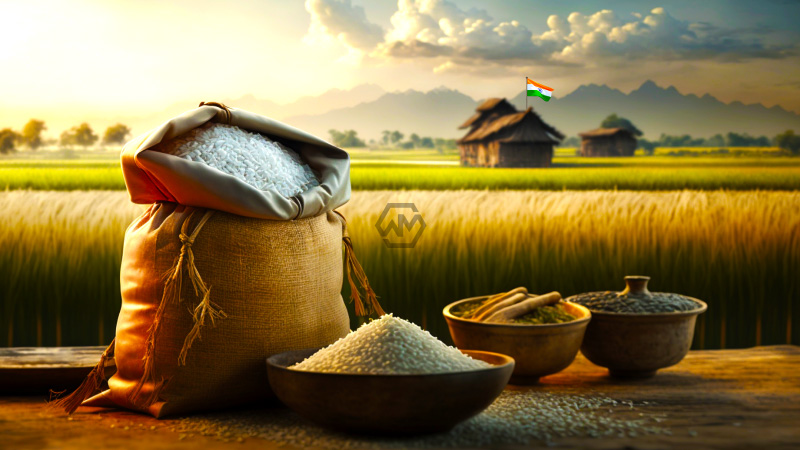- The Indian government has prohibited or imposed taxes on the export of the majority of rice and wheat varieties.
- 40% of the world‘s rice trade comes from India exports.
- Similar measures have also been implemented by Vietnam and other nations.
Food prices in the world’s poorest nations have not been good this year. Three disasters have dried up grain supplies, regardless of whether their people eat rice or wheat: the El Niño weather phenomenon, which has historically resulted in poor harvests worldwide; India’s internal politics; and Russia’s invasion of Ukraine and the decision to withdraw from the Black Sea grain initiative.
Ahead of a general election scheduled for next year, the Indian government has prohibited or imposed taxes on the export of the majority of rice and wheat varieties due to concerns over unstable foodgrain prices. Even though it produces a lot of wheat, India controls the rice market: 40% of the world’s rice trade comes from its exports.
Rice catastrophe
With some types subject to a 20% export duty, others to a minimum export price, and still others not allowed for export at all, India has tightened its restrictions on the world rice market.
Rice reaches a 15-year high in September 2022, up 28% from 2022, according to estimates from the UN’s Food and Agriculture Organization. Because of global export restrictions that are competitive and were once again sparked by India, prices last reached those levels in the first quarter of 2008.
Anticipating a close general election, the Indian government is concerned about inflation. On the other hand, the export prohibition on non-basmati rice won’t hurt the West.
Food inflation is a problem in nine out of the fifteen countries that imported more than 100,000 metric tons of this type of rice from India in 2022, nine of which are in sub-Saharan Africa. Food quarantined inside borders exports instability and insecurity and regresses these nations’ development by seven years.
India is not the only nation enforcing foolish export levies, export prohibitions, or export limits. Similar measures have also been implemented by Vietnam and other nations. The farmers in India suffer the most from export bans because they are unable to sell to the international market at high prices.
India has long asserted that it will be a different kind of great power than the US or China, engaging in responsible trade and making sure that supply chains for necessities are robust and open.



